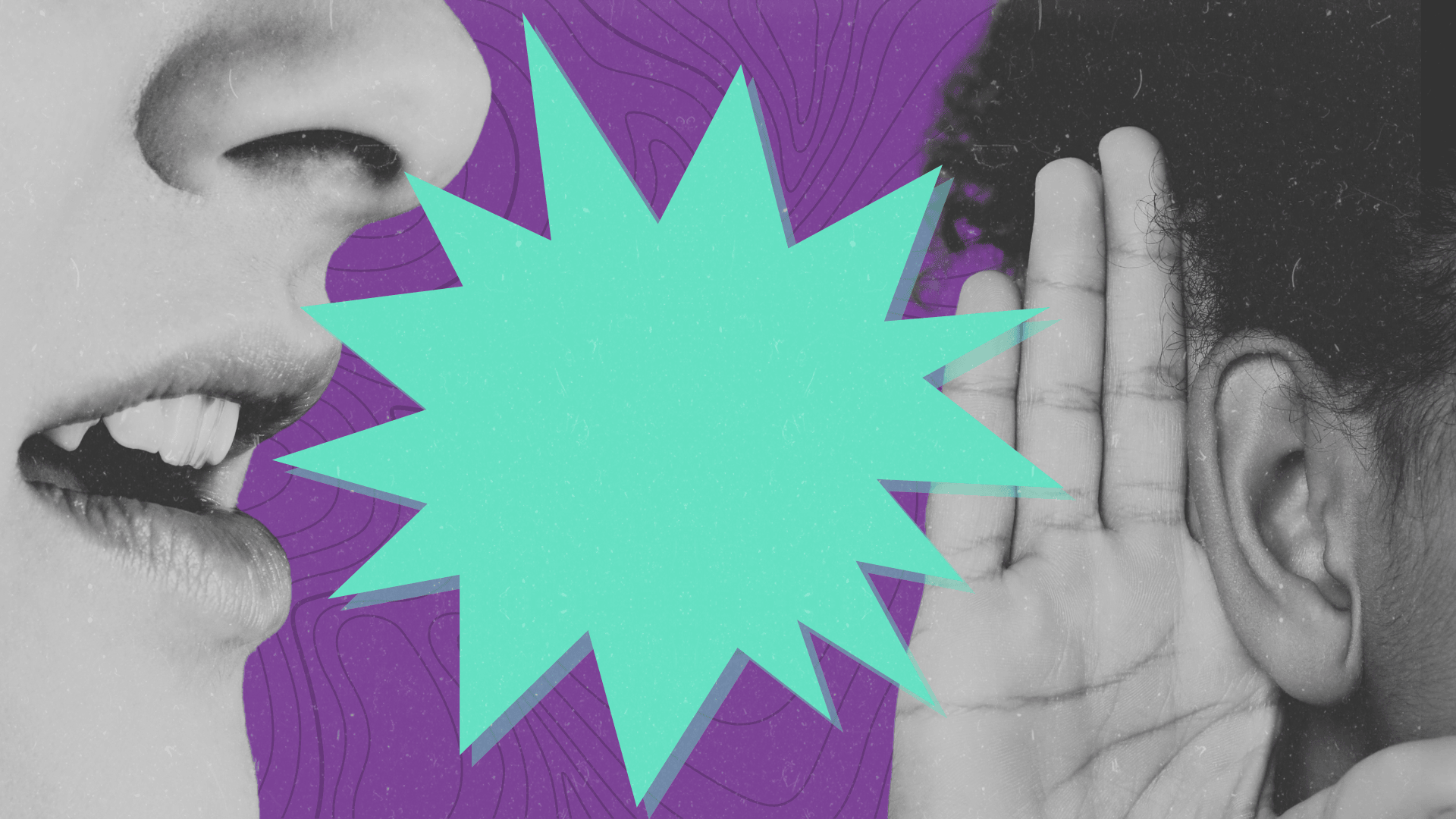
"Cultural norms and taboos give rise historically to swear words, affecting their impact as values shift over time."
"The common denominator of swear words is that they evoke a negative emotion, such as dread or disgust."
"Swearing expresses informality and a willingness to inflict discomfort, reflecting changes in society's attitudes towards decorum."
"Dysphemistic swearing serves to heighten emotional response, in contrast to euphemistic language that aims to downplay emotion."
Steven Pinker explores the history and evolution of taboo words, emphasizing how cultural sensitivities around swearing have transformed. He notes that swearing often invokes negative emotions and reflects societal changes, like the decline of formal decorum. Moreover, he discusses dysphemistic swearing, which heightens emotional responses, contrasting it with euphemism. The decline of religious and sexual taboos indicates a broader shift toward expressiveness and authenticity, reflecting a wider acceptance of informal language in communication.
Read at Harvard Gazette
Unable to calculate read time
Collection
[
|
...
]